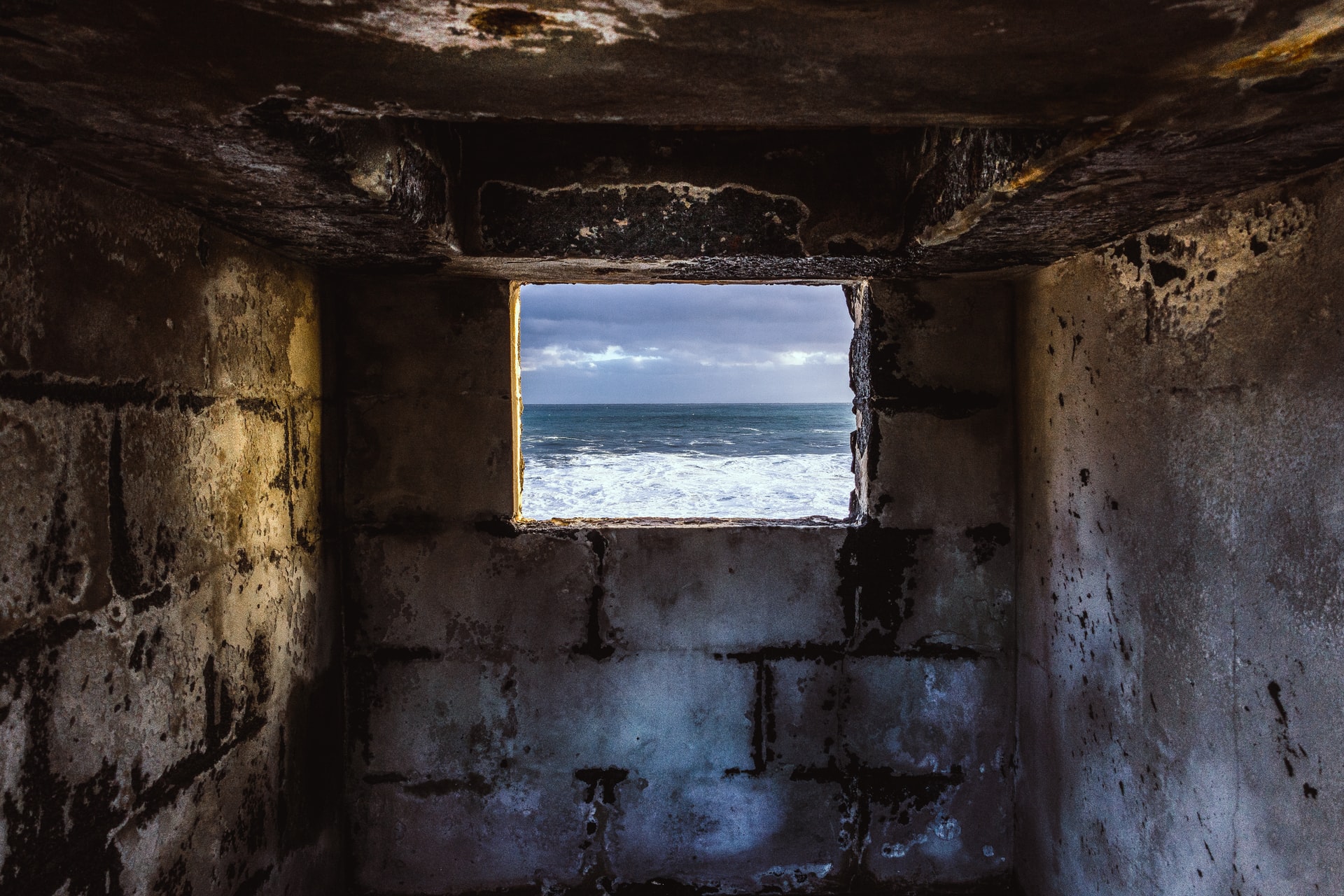by Nicole Yurcaba

This morning, sitting down to write this is difficult. The news has just broken here in the States: in Kramatorsk, a Russian missile hit an evacuation point–50 killed (at the last report I saw), 100 injured; people missing arms and legs. A single photograph–a little boy lying dead on a bench, his arms and legs limp, his face hidden by a piece of cardboard. For the past six weeks, these images from my family’s homeland have filled newsreels and social media threads. In my family, we anxiously await messages every day from cousins and friends. I watch as streets where I’ve walked, markets I have shopped, parks where I have sat and read and admired flowers are bombed and destroyed. For six weeks, the only conversations I have with my parents and friends are about the war in Ukraine, about the fundraisers with which I’m helping, about the rallies I’m attending. Yet, during this–one of the darkest times in my life–I find myself returning to the pool of poetry, specifically Ukrainian poetry, from which I have sipped my entire life, and brief collections like Oksana Lutsyshyna’s Persephone Blues have taken on a new context, despite being written three years prior to Russia’s invasion of Ukraine.
In the pages of Persephone Blues, readers find a culmination of war, of history, and of the multifaceted individuals that compose the stories and histories of not only a society and a culture, but also an individual. In one of the first untitled poems, readers meet Yevhen and Viktor who “smiled because they were young / and the war had just begun–they couldn’t / be killed immediately.” Readers learn that Yevhen “was burned in a tank / but no one knows for sure” and that “viktor survived and lived a long life.” The legacy of survival, the consequences of war, the ravages of survival unfold. Readers see Viktor with his “gray head / his gray body” as he “pleaded with death / don’t come for me don’t come.” Death comes, “young,” “in uniform,” and smiling, saying “–don’t be afraid of anything / yevhen will recognize you even in gray.” This unfolding establishes the collection’s dominant tone and message, one that resonates with the likes of Oksana Zabuzhko’s work: Ukrainians do not live separated from history. We remember. We carry it with us, and it is why the current war in Ukraine is a war Ukrainians will win.
However, it’s the collection’s second untitled poem, one that begins with the lines “I’m lucky my parents were peasants,” that resonated most with me as a reader. My Ukrainian identity is complex. Technically, I am Hutsul-Lemko, which means I am Carpatho-Rusyn, an East Slavic people whose language is a language all in itself yet sometimes considered a dialect of Ukrainian. The Ukrainian I speak is a mix of standard Ukrainian and Lemko. In this poem, the speaker questions, “why did my grandparents survive, why? / was it because they felt the burden of generations / of those unborn, of those to come?” Generational burden, ancestral history, is a common theme not only in Lutsyshyna’s poems, but Ukrainian literature as a whole. For millennial Ukrainian-Americans like me, who are fortunate enough to have heard their grandparents stories about surviving the war and other atrocities, it is a sentiment that we hear very loudly as we watch every day as the events in Ukraine unfold. The poem’s speaker attests to “the cancer of legacy,” as well as the power of female fortitude in Ukrainian culture. Women shed “tears like women’s fists,” and they “had to know how to do everything,” including “tend wounds bake bread dig trenches / nobody taught them.” What the speaker highlights is something that the world sees every day from the Ukrainian front–the fortitude, resolve, and innovative savvy of the Ukrainian people.
The poem “generation facebook” highlights a new facet of war–social media’s presence. Both blessing and curse, social media has played an integral role in the spread of information about the war. However, social media also presents another war front–that against misinformation, a continuous battle users wage as Russian bots and propaganda machines target pro-Ukrainian users (Side note: I’ve just spent the morning following protocols after a bot hacked my Twitter account). The speaker in “generation facebook” observes a woman writing to an unidentified person–”you”, presumably her partner or husband: “–come back / come back quickly, where you are.” The woman believes that the “you” is “not among the prisoners / not among the fallen.” The speaker notes, “she writes and everyone reads,” but that “no one can do anything to help” except “read about her hope and his death.” The speaker then asks an imperative question, one that will surely resonate with anyone who’s watching the news, keeping contact with friends and relatives in Ukraine– “what will we remember after this war?” I read this line again and again– “what will we remember after this war?” It’s a question I ponder. It’s a question I attempt to answer as I discuss with other Ukrainian-Americans and our American friends about the possibility of returning to Ukraine after the war to participate in rebuilding projects. It’s a question my parents and I discuss as we’re making our third phone call of the day to one another, asking yet again “How can the world just stand back and watch?”
The final poem in Lutsyshyna’s collection offers an answer, a figurative one, but it’s still an answer. The poem opens with an ellipsis and segues into a powerful image–”…how beauty suddenly blooms near the poorest of houses / maybe a rose, or a cat whose movements enchant you.” The cat becomes the poem’s prominent figure, as he “walks past the cracked bricks / drinks water from a metal bowl.” The cat is symbolic of the unnoticed life that exists and thrives among the ruins. The rose, too, becomes symbolic, “gently rocking on its thin stalk,” of the fragility of not only beauty, but also of life. More significantly, the speaker concludes the poem with two questions, two questions people hopefully carry with them as images of bombed cities, dead children, starved mothers, weeping mothers fill their news and social media feeds–”do you want to touch the wound of departing? / do you want to touch the wound of beauty?” In essence, the speaker offers readers a choice, just as the war in Ukraine offers not only Europe, but the rest of the free world a choice–protect freedom and democracy, or stand back and remain complicit in the nineteenth century desires of an antiquated autocrat.
Nicole Yurcaba (Ukrainian: Нікола Юрцаба) is a Ukrainian-American poet and essayist. Her poems and essays have appeared in The Atlanta Review, The Lindenwood Review, Whiskey Island, Raven Chronicles, Appalachian Heritage, North of Oxford, and many other online and print journals. Nicole holds an MFA in Writing from Lindenwood University, is the recipient of a July 2020 Writing Residency at Gullkistan, Creative Center for the Arts in Iceland, and is a Tupelo Press June 2020 30 for 30 featured poet. Her poetry collection Triskaidekaphobia is forthcoming Black Spring Group in 2022. She teaches poetry workshops for Southern New Hampshire University and works as a career counselor for Blue Ridge Community College.



Add your first comment to this post